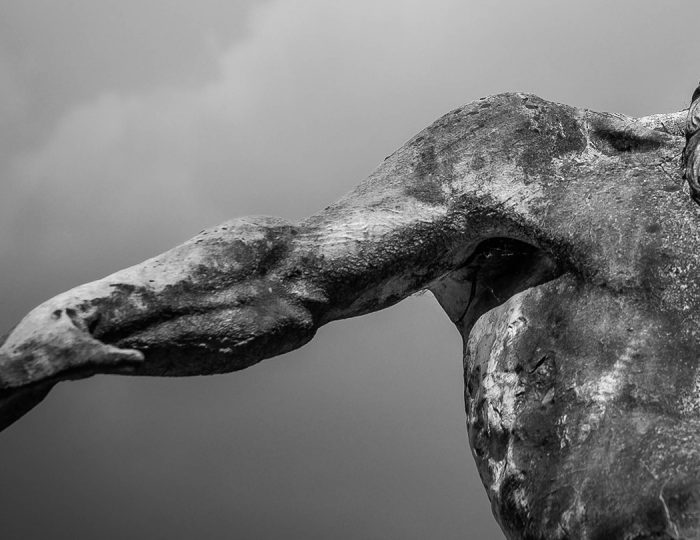A number of years ago, a Liverpool councillor suggested renaming some of the city’s streets because they were connected with its slave trading past. It was only the fact that one of them, Penny Lane, had other, more positive, associations that the plan came to nothing. Residents of Colchester have long debated whether to rename Stalin Road in that city.
And of course, we are presently enduring the saga of Cecil Rhodes, the target of some irate Oxford students who want the university to remove his statue on account of it glorifying a ‘racist mass murderer’.
The problem with this is how far do you go. Should the multitude of Martyrs’ Lanes be renamed to avoid offending atheists? Or the many St. Mary’s Streets to avoid offending Protestants? Or the uncountable number of roads named after English monarchs to avoid offending republicans?
The Rhodes campaign marries two trends of our age – liberalism and identity politics – and in particular how each has become untethered from any objective sense of the good. The former treats the individual as sovereign and encourages us to mould everything – gender, race, history – around what we presently feel to be good. The latter grounds our personal identity in that of a (usually oppressed, usually minority) group and allows us to draw on deep wells of moral indignation rather than careful argument to get our way.
In truth, the Rhodes debate is less about race than about history, and specifically how we deal with the seemingly immobile subject of what is past.
At one extreme, we do not: it deals with us. We cannot change it. At the other extreme, we abolish it. We manage the past by re-inventing it or pretending it never happened. Living with the past – recognising but transcending it – is more difficult. ‘If anyone is in Christ, new creation’, Paul wrote to the Corinthians, ‘the old has gone, the new has come’.
But what does ‘gone’ mean? The resurrected Christ had scars where Roman metal had sliced him open. The marks of his torture had not ‘gone’. But nor did they retain their power. They had been overcome, like the weapons that inflicted them, by the one they sought to overcome.
Perhaps such marks of the past, like the streets named after those who grew rich on the misery of millions, or statues of people we feel uncomfortable about today, should remain with us – not as signs of who or where we are, but as reminders of whence we have come.
Nick Spencer
Nick is Research Director at Theos. A longer version of this piece first appeared here on the Theos website.


Author
Nick Spencer
Never Miss a Thing!